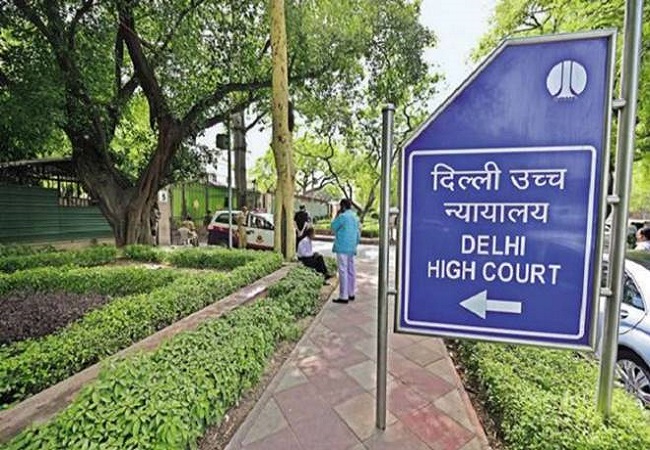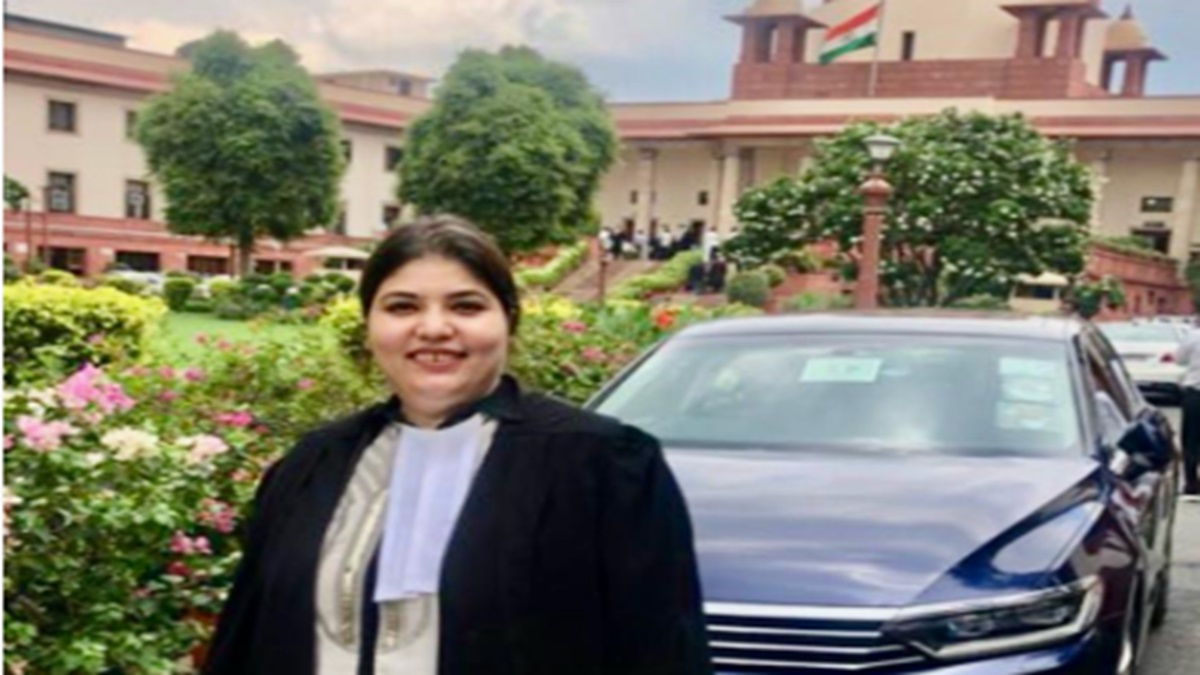
Delhi High Court
New Delhi: In a bid to plug the loopholes in organ transplant procedures at hospitals, the Delhi High Court has fixed timelines to be followed by the Authorization Committee, for processing/verification of documents and conducting of interviews for organ & tissue transplantations.
The single judge bench of Justice Pratibha M Singh on Thursday said that a time-bound approach was essential to maintain the efficacy & integrity of organ transplantation protocols, under the Transplantation of Human Organs and Tissues Rules, 2014.
The High Court judgement will serve as guiding principle in numerous organ transplantation cases and will therefore put an end to ‘administrative hurdles’ in the process.
The landmark ‘timeline’ order came on a plea by retired Indian Air Force officer, diagnosed with kidney failure in 2017. He was recommended pre-emptive renal transplant by a Gurugram hospital but indecision apparently at the Authorization committee’s end resulted in his demise in 2021.
Advocate Charu Aneja, on his behalf, pursued the matter in High Court and after a long haul, the court came out with necessary directives in organ transplant cases. The Petitioner had sought directions from the Delhi High Court to Sri Ganga Ram hospital for carrying out kidney transplantation and also direction to the Authorisation committee for granting necessary approval.

In the 42-page judgement, the court said that the pre-transplantation interviews and documentation process should be completed in a “time-bound manner, failing which the entire purpose itself could be defeated”.
The High Court has laid down timelines for various processes under the organ transplant cases, including the timeframe for Authorisation Committee in conducting interview of donors/recipients.
It said that after 4-6 weeks of receiving application, Authorisation Committee should schedule an interview of donor/recipient within 2 weeks and also facilitate meeting of family members of both the donor and recipient.
“The entire process, from submission to decision, ought not to ideally exceed 6 to 8 weeks,” the judge stressed.
During the hearing, the Central government argued that Authorization Committee was mandated to take a decision within 7 working days after receiving the required documents.
Charu Aneja, the counsel for petitioner, countered this argument and said that no timelines existed for the panel and this was main reason for delay.

Mrs Aneja said that in absence of specific guidelines & timelines, the Authorisation Committee keeps adjourning hearings without citing any ‘adequate’ reason and the procedure suffers inordinate delay, leading to prolonged suffering for the patient as well as his/her family.
Justice Singh said that it was necessary to establish timelines under 2014 Transplantation Rules, however added that the timelines suggested by Court will serve as a reference for the competent authority, “enabling them to take an informed decision in this matter.”
“Such a time-bound approach is crucial to maintain the integrity and effectiveness of organ transplantation protocols. This would also be in furtherance of the Right to Health under Article 21 of the Constitution…While the satisfaction of the authorisation committee is absolutely crucial in this process, internal timelines will still have to be fixed to ensure that the said committee’s functioning is systematic,” the high court observed.




